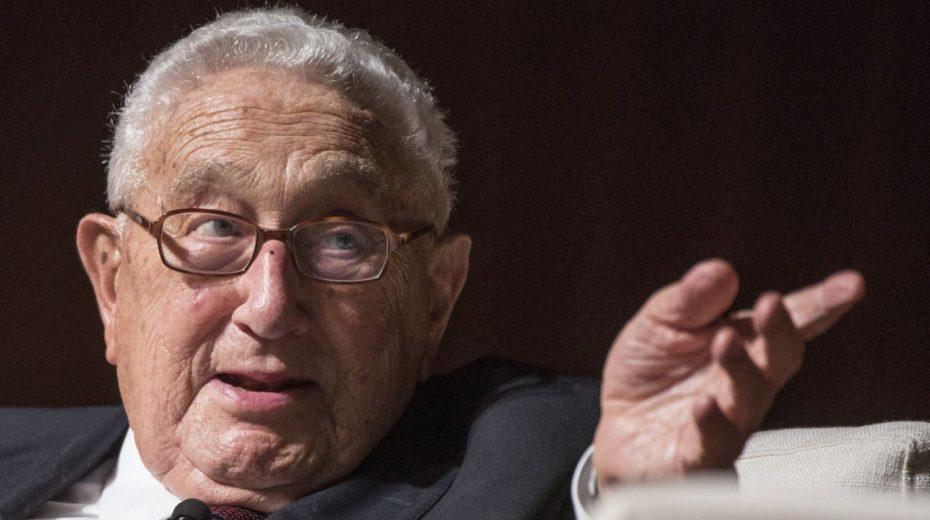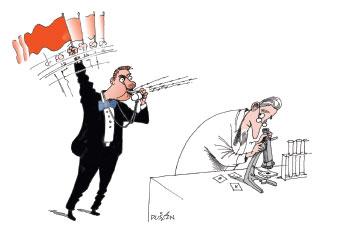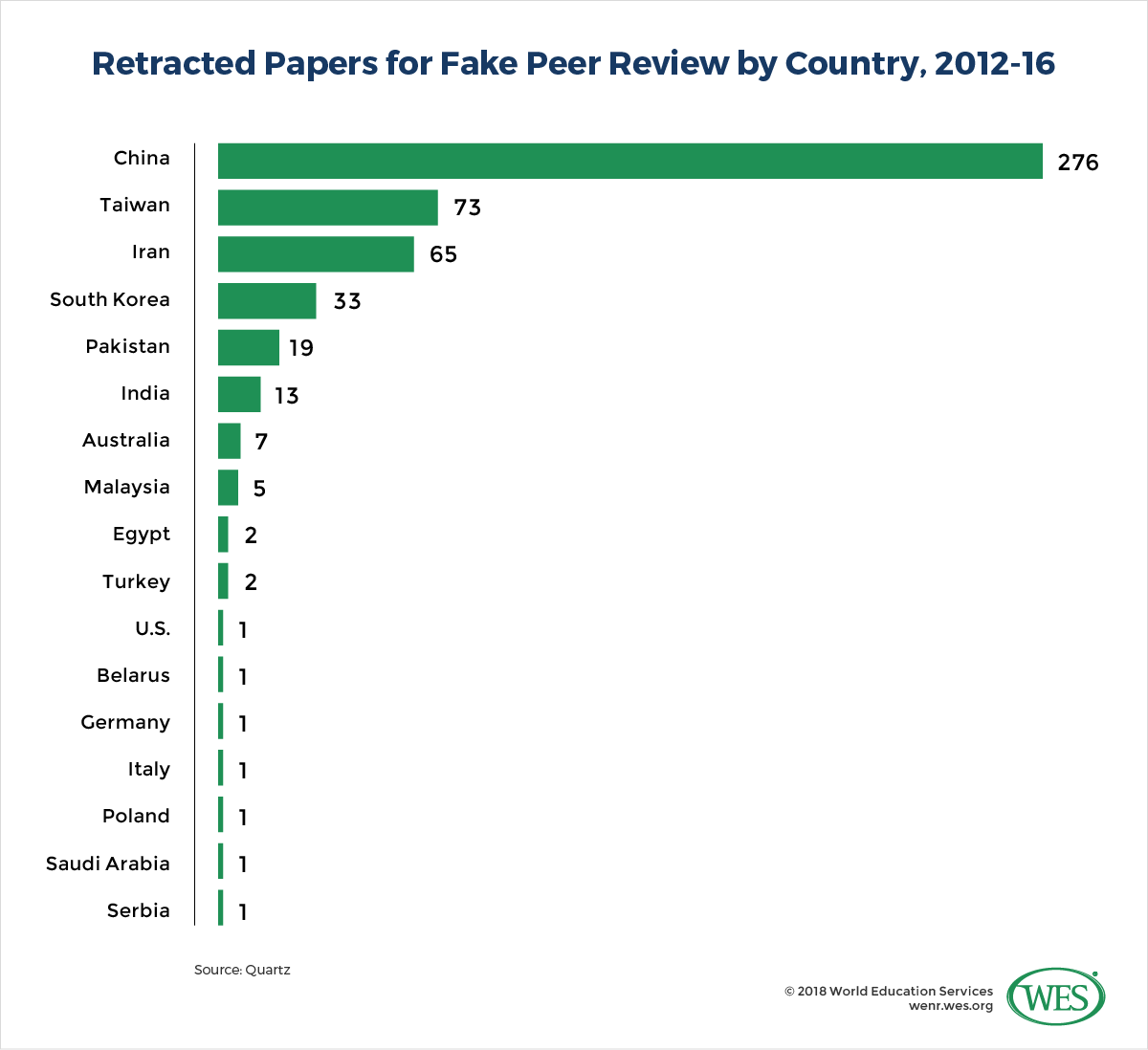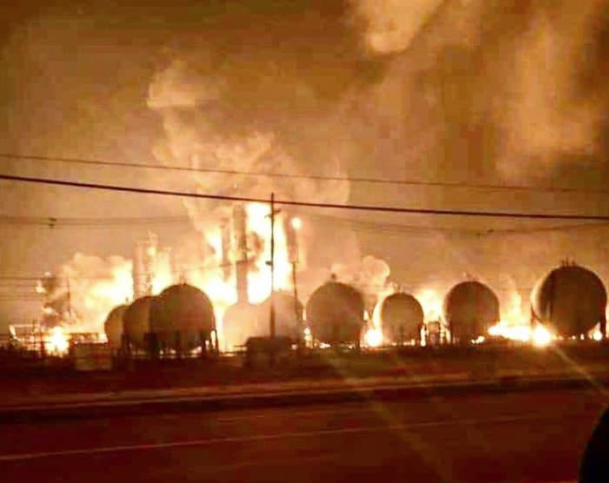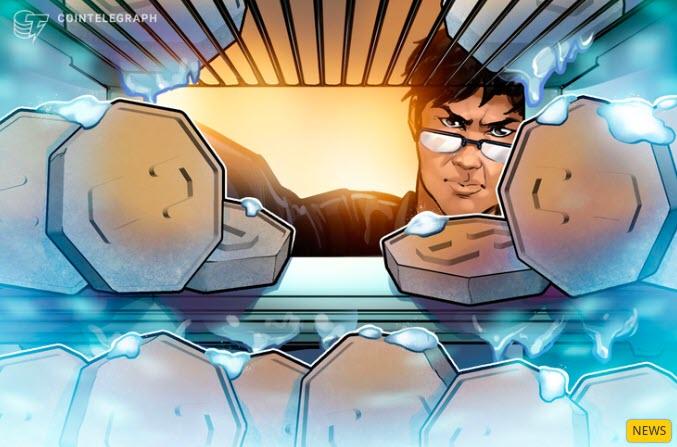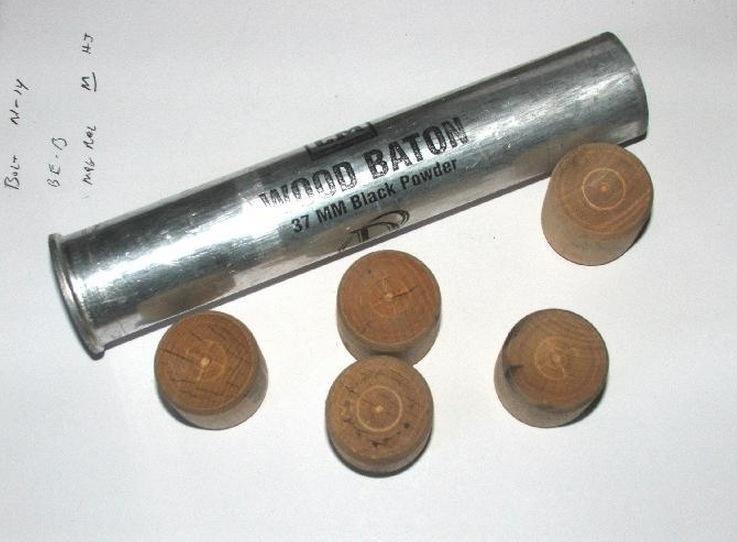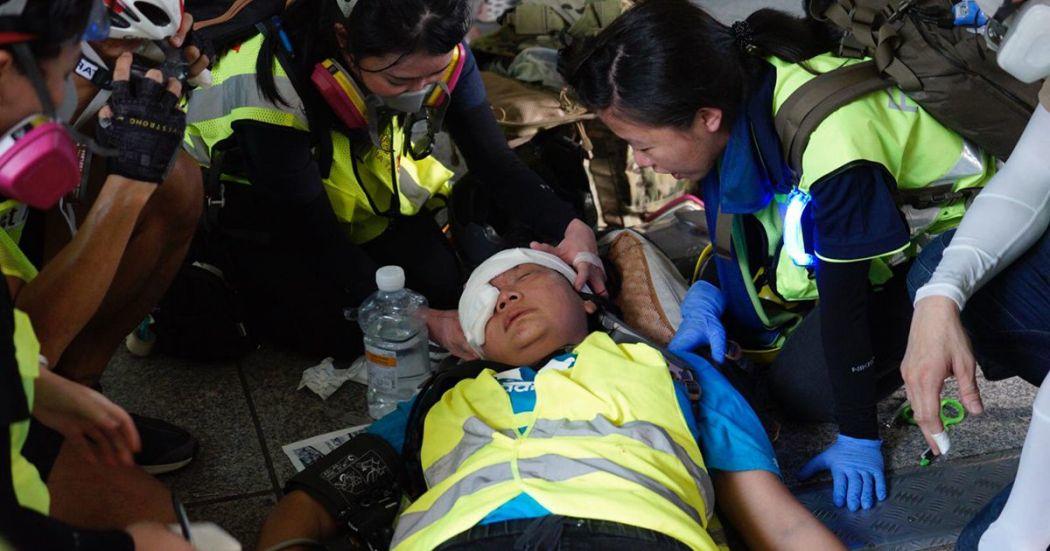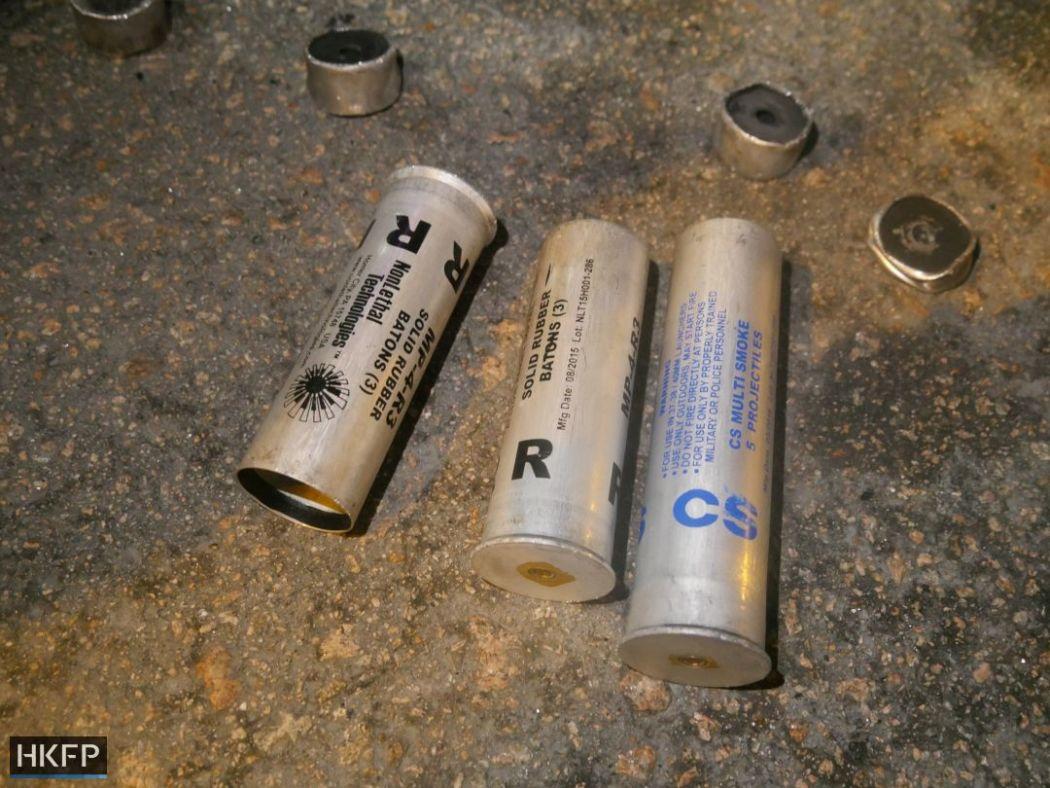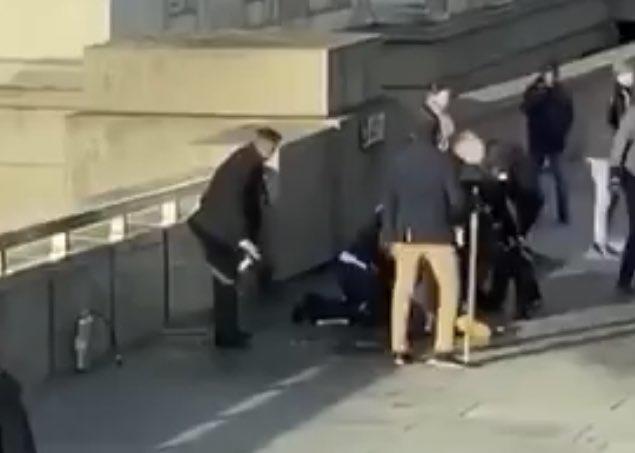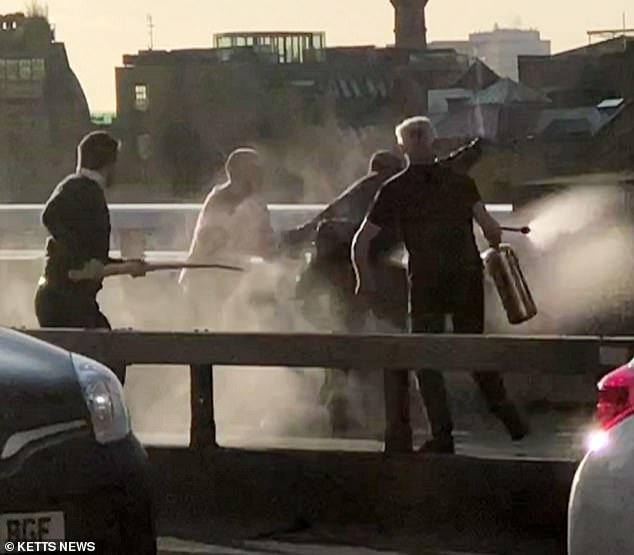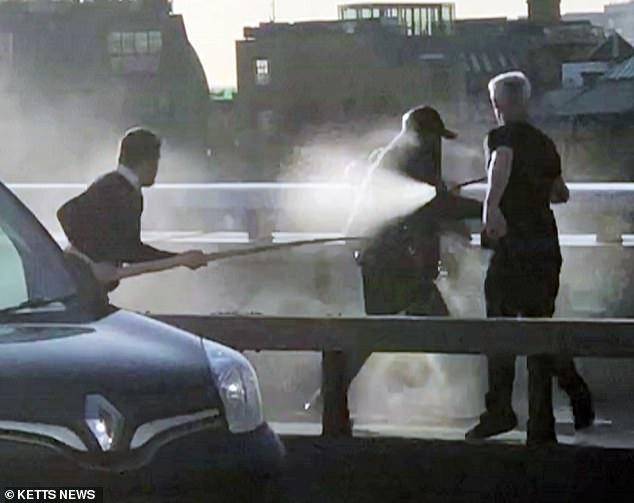Henry Kissinger Gets It… US “Exceptionalism” Is Over
Via The Strategic Culture Foundation,
Former US Secretary of State Henry Kissinger made prudent remarks recently when he said the United States is no longer a uni-power and that it must recognize the reality of China as an equal rival.
The furor over a new law passed by the US this week regarding Hong Kong and undermining Beijing’s authority underlines Kissinger’s warning.
If the US cannot find some modus vivendi with China, then the outcome could be a catastrophic conflict worst than any previous world war, he admonished.
Speaking publicly in New York on November 14, the veteran diplomat urged the US and China to resolve their ongoing economic tensions cooperatively and mutually, adding:
“It is no longer possible to think that one side can dominate the other.”
A key remark made by Kissinger was the following:
“So those countries that used to be exceptional and used to be unique, have to get used to the fact that they have a rival.”
In other words, he is negating the erroneous consensus held in Washington which asserts that the US is somehow “exceptional”, a “uni-power” and the “indispensable nation”. This consensus has grown since the early 1990s after the collapse of the Soviet Union, when the US viewed itself as the sole super-power. That morphed into a more virulent ideology of “full-spectrum dominance”. Thence, the past three decades of unrelenting US criminal wars and regime-change operations across the planet, throwing the whole world into chaos.
Kissinger’s frank assessment is a breath of fresh air amid the stale and impossibly arrogant self-regard held by too many American politicians who view their nation as an unparalleled power which brooks no other.
The seasoned statesman, who is 96-years-old and retains an admirable acumen for international politics, ended his remarks on an optimistic note by saying: “I am confident the leaders on both sides [US and China] will realize the future of the world depends on the two sides working out solutions and managing the inevitable difficulties.”
Aptly, Kissinger’s caution about danger of conflict was reiterated separately by veteran journalist John Pilger, who warned in an exclusive interview for Strategic Culture Foundation this week that, presumed “American exceptionalism is driving the world to war.”
Henry Kissinger is indeed a controversial figure. Many US scholars regard him as one of the most outstanding Secretaries of State during the post-Second World War period. He served in the Nixon and Ford administrations during the 1970s and went on to write tomes about geopolitics and international relations. Against that, his reputation was badly tarnished by the US war in Vietnam and the horrendous civilian death toll from relentless aerial bombing across Indochina, believed to have been countenanced by Kissinger.
Kissinger has also been accused of supporting the military coup in Chile in 1973 against elected President Allende, and for backing the dirty war by Argentina’s fascist generals during the 1970s against workers and leftists.
To his credit, however, Kissinger was and is a practitioner of “realpolitik” which views international relations through a pragmatic lens. Another realpolitik US state planner was the late Zbigniew Brzezinski, who died in 2017 at the age of 89. Both advocated a policy of detente with the Soviet Union and China.
President Richard Nixon’s groundbreaking visit to China in 1972 is credited to the advice given by Kissinger who was then National Security Advisor to the White House.
That same year, the US and the Soviet Union signed the Anti-Ballistic Missile (ABM) treaty, also under the guidance of Kissinger on the American side. The US would later withdrew from the treaty in 2002, a move which has presaged a long deterioration in bilateral relations between the US and Russia to the present day.
For all their faults, at least people like Kissinger and Brzezinski were motivated by practical goal-orientated policy. They were willing to engage with adversaries to find some modus vivendi. Such an attitude is too often missing in recent Washington administrations which seem to be guided by an ideology of unipolar dominance by the US over the rest of the world. The current Washington consensus is one of hyper-ideological unrealism and hubris, which leads to a zero-sum mentality of antagonism towards China and Russia.
At times, President Donald Trump appears to subscribe to realpolitik pragmatism. At other times, he swings to the hyper-ideological mentality as expressed by his Vice President Mike Pence, as well as Secretary of State Mike Pompeo and Secretary of Defense Mike Esper. The latter has labeled China as the US’s “greatest long-term threat”.
This week President Trump signed into law “The Human Rights and Democracy Bill”, which will impose sanctions on China over alleged repression in its Hong Kong territory. Beijing has reacted furiously to the legislation, condemning it as a violation of its sovereignty.
This is exactly the kind of baleful move that Kissinger warned against in order to avoid a further poisoning in bilateral relations already tense from the past 16 months of US-China trade war.
One discerns the difference between Kissinger and more recent US politicians: the former has copious historical knowledge and appreciation of other cultures. His shrewd, wily, maybe even Machiavellian streak, informs Kissinger to acknowledge and respect other powers in a complex world. That is contrasted with the puritanical banality and ignorance manifest in Trump’s administration and in the Congress.
Greeting Kissinger last Friday, November 22, during a visit to Beijing, President Xi Jinping thanked him for his historic contribution in normalizing US-China relations during 1970s.
“At present, Sino-US relations are at a critical juncture facing some difficulties and challenges,” said Xi, calling on the two countries to deepen communication on strategic issues. It was an echo of the realpolitik views Kissinger had enunciated the week before.
While sharing a public stage with Kissinger, the Chinese leader added:
“The two sides should proceed from the fundamental interests of the two peoples and the people of the world, respect each other, seek common ground while reserving differences, pursue win-win results in cooperation, and promote bilateral ties to develop in the right direction.”
Likewise, China and Russia have continually urged for a multipolar world order for cooperation and partnership in development. But the present and recent US governments refuse to contemplate any other order other than a presumed unipolar dominance. Hence the ongoing US trade strife with China and Washington’s relentless demonization of Russia.
This “exceptional” ideological mantra of the US is leading to more tensions, and ultimately is a path to the abyss.
Henry Kissinger gets it. It’s a pity America’s present crop of politicians and thinkers are so impoverished in their intellect.
Tyler Durden
Fri, 11/29/2019 – 22:30
via ZeroHedge News https://ift.tt/37SNNFk Tyler Durden
